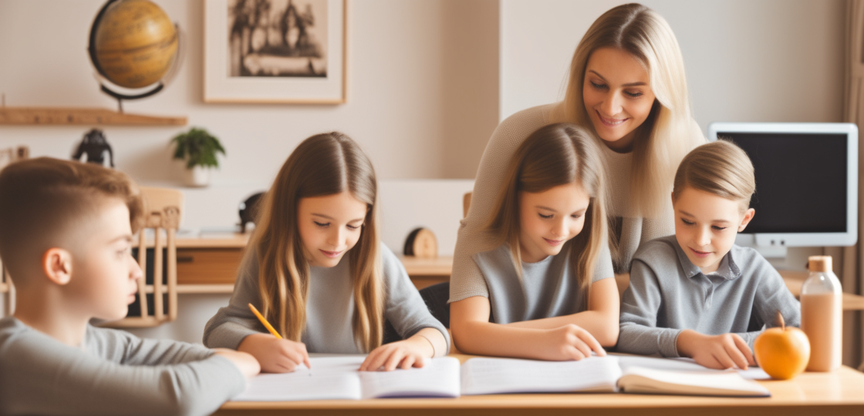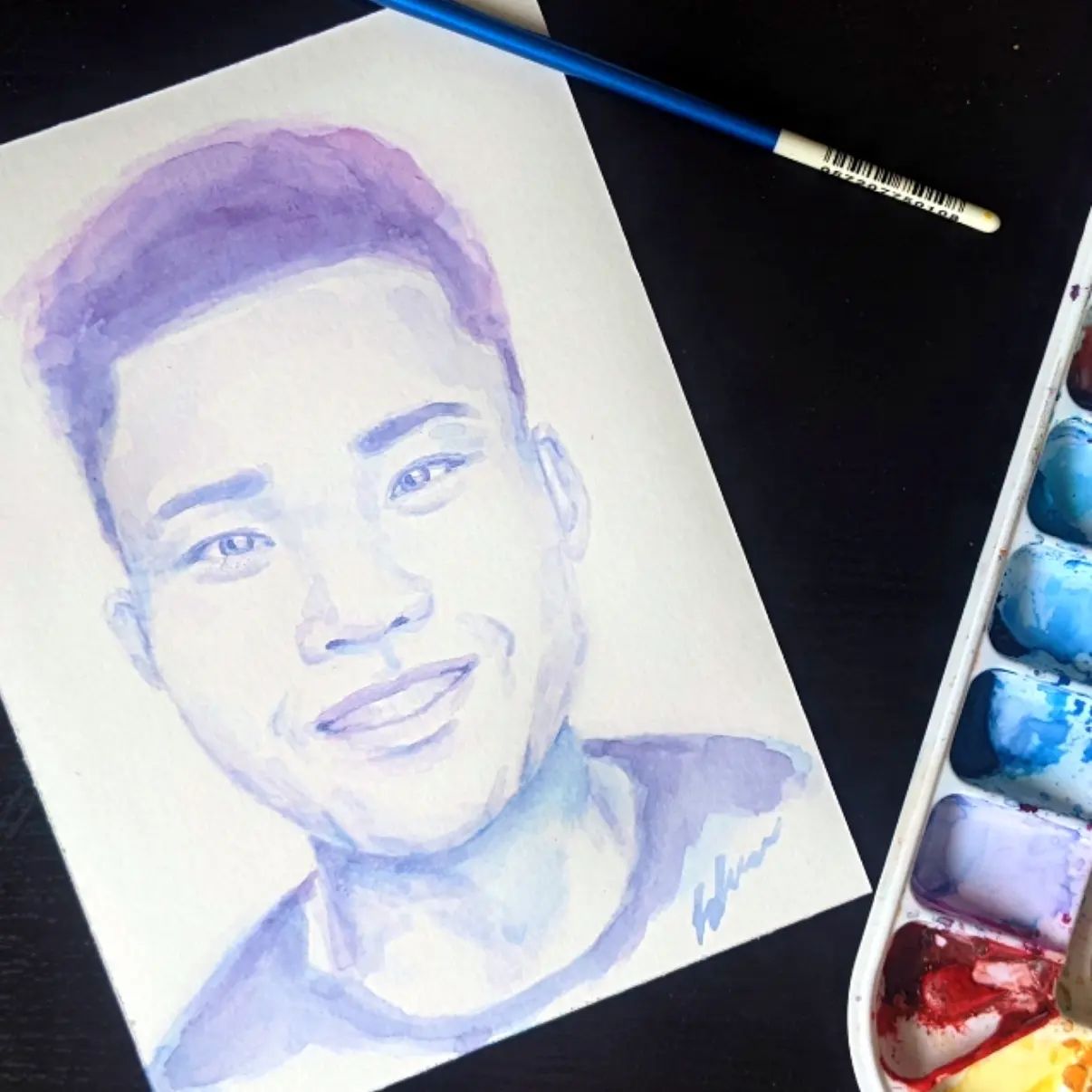How UCP's De-regulation of Homeschooling May Harm Children
- 5 mins
Homeschooling has been a contentious issue in the history of public education, and in Alberta, parents have various options for their children's education, including private, religious, public, and homeschooling. Under the current UCP government, enrolling kids in non-supervised homeschooling has become easier than ever, only requiring a notification to the Minister of Education. However, the lack of supervision means that a school authority is not monitoring the home education program. On the other hand, supervised home education allows parents to receive funding from public sources, provided they follow guidelines and learning materials from a resident board.
Current Legislation
In a non-supervised education system, parents have the flexibility to create their own curriculum, ensuring the basics of language arts, math, science, and social studies are covered. However, they are not required to submit an education program description, leading to a largely unregulated field. While the Education Act offers some direction on what students should learn, it lacks specific metrics. The Act mentions only cultural and religious diversity when addressing diversity issues. Completely omitted from the act are topics such as gender, sex, and race. There isn't even a mention of safe sex or abstinence. If you stretch it, these might fall under the vague category of "knowing the basic requirements of an active, healthful lifestyle." However, the home education regulation offers nothing substantial, leading me to assume that its vagueness was intentionally designed to be open to interpretation.
If the parent isn't following the already vague Education Act, the Executive Director of field services can decide to terminate an unsupervised education program and compel the children to attend another education program within a school district. However, the exact criteria and process for the executive director's intervention remain unclear. Is this within the purview of child welfare workers? Not exactly. They do not intervene unless there is overwhelming evidence of neglect or physical harm, and inadequate teaching does not meet the threshold for their involvement. What about teachers? No, they lack the warrant or authority to step into the home and observe the children. Consequently, if child welfare and other experts cannot access the home, the responsibility falls solely on the Executive Director and their team to monitor and assess the situation. As a result, assessing the quality of education becomes nearly impossible in this deregulated field.
Open to Interpretation
Despite a single reference to media literacy, the Act fails to include financial literacy, an area often criticized by conservatives and progressives alike. This level of flexibility allows parents to shape their child's education, but it also leaves the Education Act open to interpretation, with guidelines that may not be enforceable. Evaluations are mandatory, with parents required to maintain dated samples of a student's work and records of their activities. Parents may opt to use tests and exams from the internet, but there are no third parties monitoring the academic progress of the child. Investigations could technically happen, however, there is uncertainty about what triggers an investigation and who should step in to ensure accountability.
In an unsupervised education system, students are not obligated to take diploma or provincial exams, allowing parents to direct their child's learning as they see fit. This creates additional issues for students wanting to enter post-secondary intuitions since entry requires them to take mandatory exams. Has homeschooling always been this flexible? No, this is a recent change since September 2020 when homeschooling required supervision by a school authority for over 30 years. Curtis Riep, a Doctor of Philosophy from the University of Alberta, has weighed in on this issue.
Interesting Facts about Homeschooling in Canada and Alberta:
- Alberta has ⅓ of Canada's homeschooling population, a disproportionate amount considering the province's population is less than 12% of Canada's population.
- The loosening of regulations is intended to give parents more choice but removes the opportunity for any teacher or professional to monitor the child's learning, making it easier for child maltreatment to go unnoticed.
- By 2000, 75% of homeschooling families in North America were practicing Christians (Lagos, 2011).
- Even with regular supervision, there are no rules about what children are taught at home. Homeschoolers may choose to follow the provincial curriculum, which indicates the learning outcomes for all grade levels and subjects, or they may choose not to.
- Almost a million dollars of public tax money that should have gone to homeschooling parents were inappropriately funneled to the inflated administration costs of a private Christian School. This signals the threat of mismanagement when there is no clear oversight of the education system.
The Research
While some studies show that homeschooling can improve academic outcomes, there is a lack of vigorous research in this area, with some studies funded by homeschooling associations and not accounting for family demographics. The research is unclear with even some pro-homeschooling studies pointing out that homeschooling plays a minimal role in academic improvements. More research needs to be done in this area. While the laissez-faire style of parenting and education may seem like an appealing alternative to formal schooling, it must be implemented correctly.
Structured homeschooling has been found to be more beneficial than unstructured homeschooling in Canada. Nevertheless, the absence of accountability can be problematic for any system, even in the free market. Homeschooling is a complex topic, and while this blog cannot cover all its intricacies, it is clear that education, including homeschooling and for-profit colleges, deserves more attention.
Woke Propaganda
The irony lies in proponents of deregulating homeschooling while simultaneously expressing concerns about the public education system brainwashing students. The problem is that de-regulated home education cannot be effectively assessed by third-party experts, making it challenging to gauge its efficacy. In contrast, the public system undergoes scrutiny by education experts and adheres to strict standards. Critics of the public system's focus on topics related to gender or sexuality often overlook the issue of freedom from indoctrination. The UCP's efforts to create an environment conducive to misinformation and indoctrination in a private setting raise concerns as it won't be subject to scrutiny.
In conclusion, while homeschooling can be a valid choice for parents, regulations play a crucial role in ensuring accountability. With the UCP government's push for for-profit colleges to offer accredited diplomas and degrees, the topic of education remains significant and calls for further exploration.
Note: If you find any inaccuracies in this blog, please feel free to contact the author.




